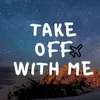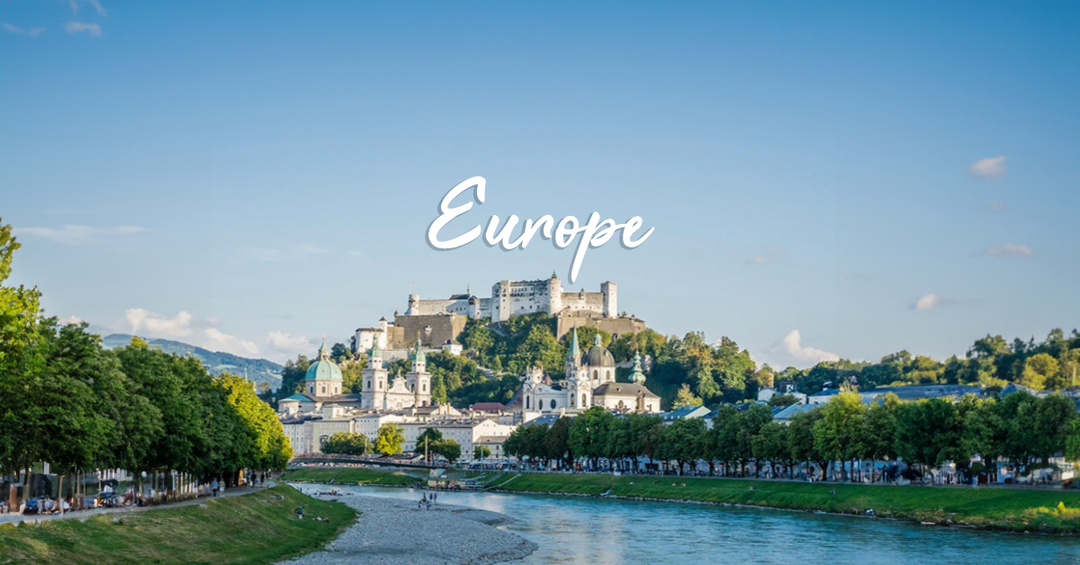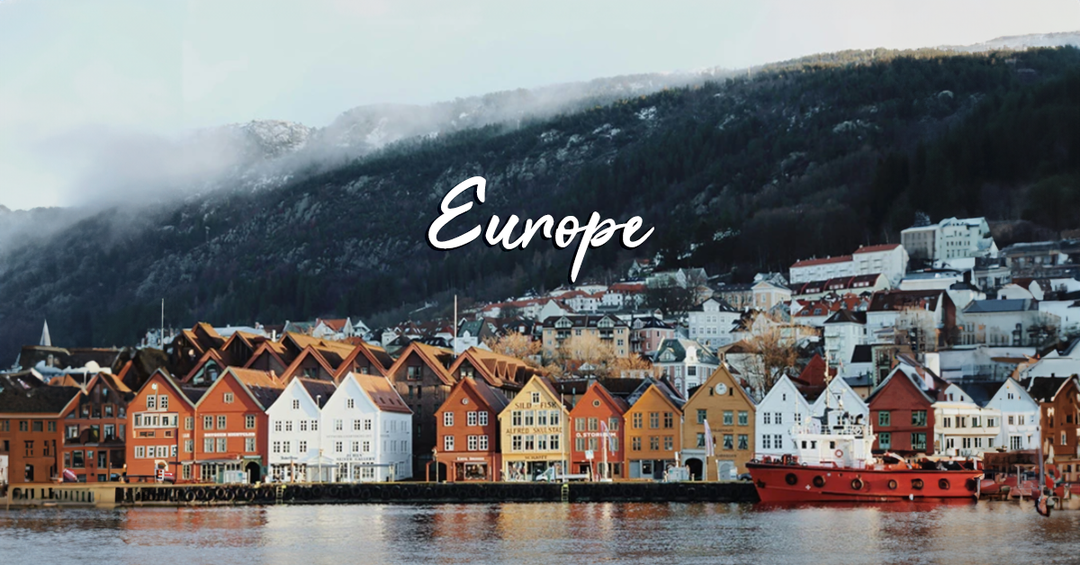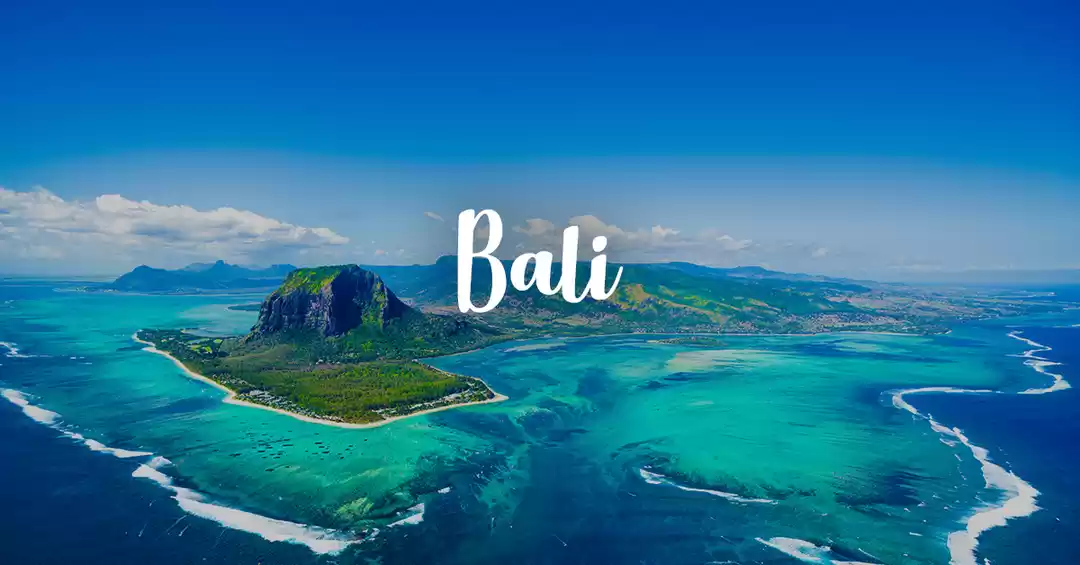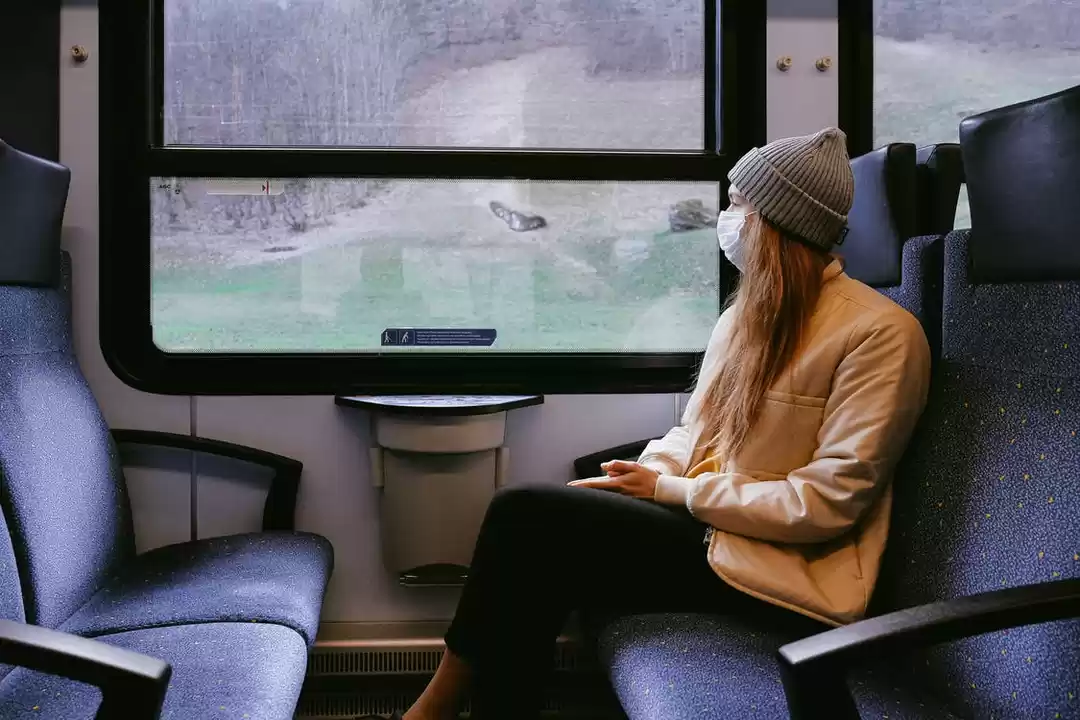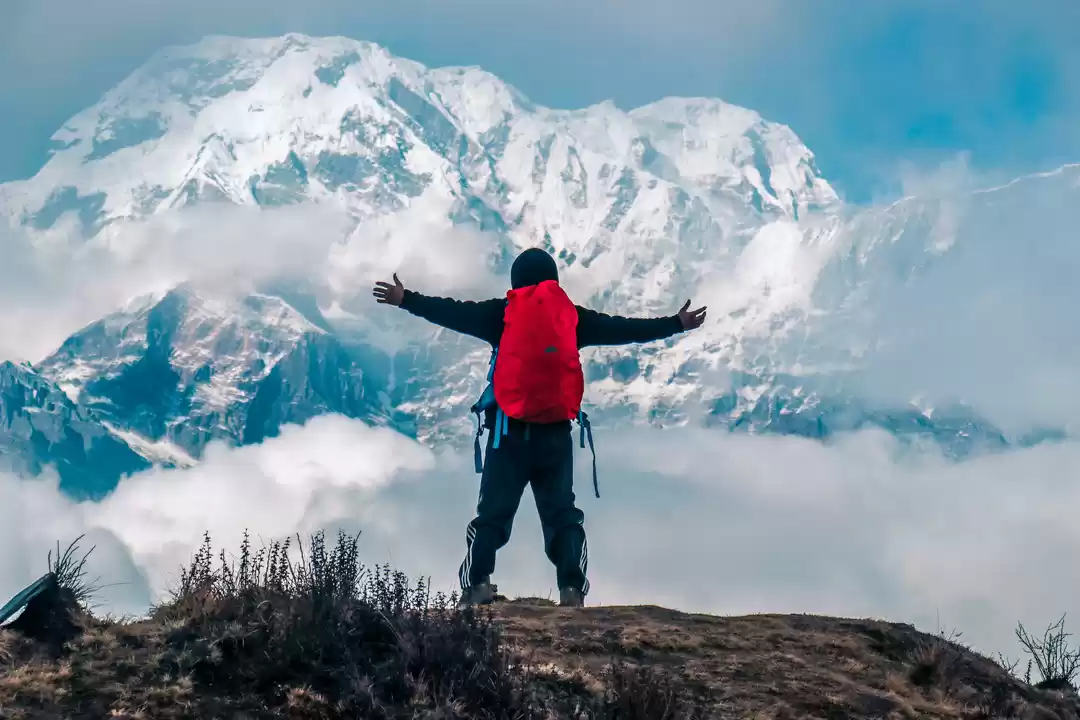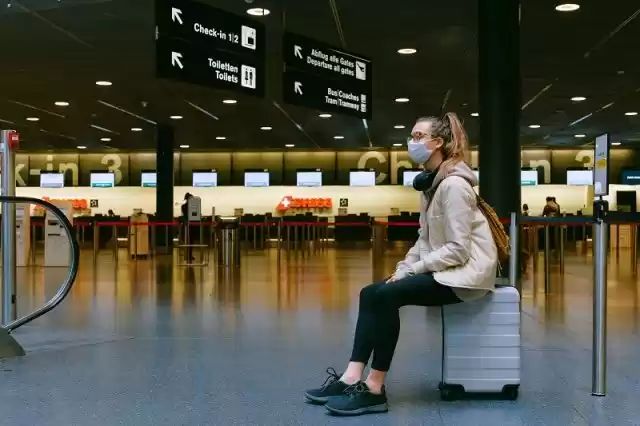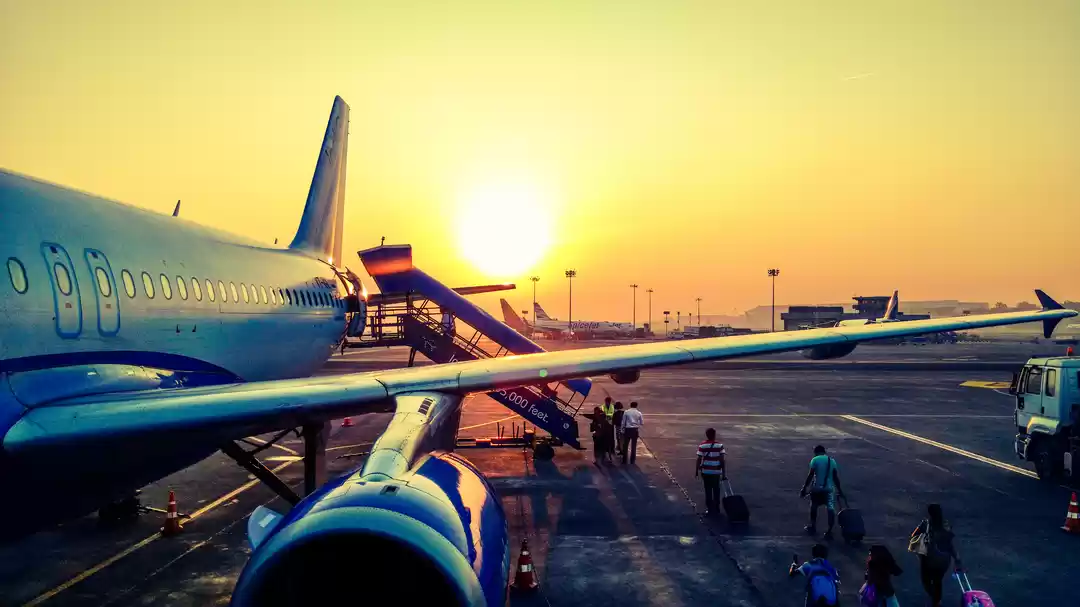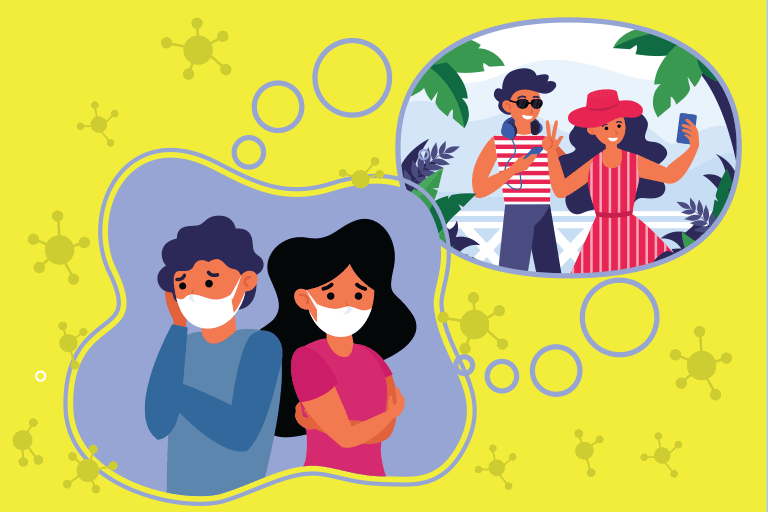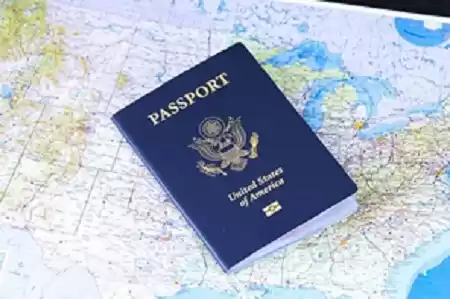
COVID-19 pandemic has disrupted and shattered the travel plans of almost everyone. The whole world is in lockdown with sealed borders, restricted movements, and negligible transport options. It has hit people physically, psychologically, and financially. There are uncertainty and fear looming on the horizon. However, humans are known to bounce back. They are already making travel plans. People are sick of being confined to their homes and staring endlessly at the TV/computer screen. They want to explore the world outside.
The countries are also slowly lifting restrictions and allowing limited movements. But that should not put us into a false sense of security. The pandemic is still very much active and attacking thousands of people every day. This is a different world now with strange complications and priorities. As we emerge into a 'new normal', there is an unusual set of travel guidelines that you have to adhere to. Besides deciding where and when to travel, travelers also have to think about 'HOW' they are going to travel.
After facing the COVID-19 for the past six months, we know much more about this novel virus and are better equipped to deal with it. If you want to step out of the security of your homes, you should be taking all the necessary precautions - for your safety and for the well-being of the people around you. The write-up is not to encourage anyone to travel now. It just highlights the points you should keep in mind if you plan to travel in the coming months.
Forget your bucket list and dream destinations and be modest in your aspirations. Concentrate on places that are closer to home and are a bit familiar. If you are traveling in your own country, it is much easier to cope with emergencies and restrictions. Nothing can be worse than falling sick or getting stuck in a foreign land. Discover hidden treasures nearby, which we conveniently overlook for far-off destinations. Secluded beaches, mountains, campouts, national parks are safer than crowded cities, beaches, or resorts.
In this rapidly changing scenario, it is pertinent to be aware of the latest travel advisories and restrictions imposed by the countries you plan to visit. There are many websites like covidcontrols.co, and which will keep you updated about the current situation. Before making any concrete plans, check the quarantine rules, risk factors, immigration policies, and health-care facilities of the areas you are visiting. Many states require COVID negative certificates and government passes if you want to cross borders. Don't forget to check the rules of your own country before you depart. You might have to quarantine when you return from your vacation.
Elderly people or those with underlying health conditions are under greater risk due to decreased immunity. Such people should avoid traveling at any cost. Check with your doctor, have a health check-up (if required), and then plan your trip.
Places like airports, planes, stations, trains, restrooms are places where you can pick the dreaded virus - from people and surfaces. So, it is advisable to go on short-distance road trips where you can restrict your exposure to the minimum. Be prepared for long waiting times, repetitive check-ups, and limited options. If you are taking a flight or train, you have to take all the necessary safeguards. All the coronavirus staples should be easily accessible during your journey. Carry your sanitizer, disinfectant, tissues, masks, shields, gloves, and even PPE kit and use them diligently. Sanitize all the surfaces and seats before touching/using them. Carry your own food and don't eat it on flights/trains. Take your own precautions and don't rely on anyone else. If you have the option, travel business class or with airlines which are keeping middle seats vacant.
Vacation rentals and Airbnb's are safer as you don't have to share spaces and elevators. Human interaction is negligible and you can also cook your own meals. If you are opting for hotels, it makes sense to book a trusted hotel chain which are following all the required safety protocols stringently. Check the website to ensure that all the necessary cleaning guidelines are being followed by the property before your arrival.
Don't assume that the space is virus-free. Use disinfectant to wipe all high-touch surfaces as soon as you enter your lodging. You should be cleaning your own room to minimize the chances of infection. Avoid locations that are crowded or which requires you to use public transport every time you step out. Contactless check-in and check-out is the new trend. Staying with friends and relatives increases the risk of virus transmission for everyone concerned. Wear masks and maintain social distancing in public areas.
Non-refundable bookings are cheaper, but this is not the time to take that risk. The COVID-19 situation is very fluid and changing constantly. It is worthwhile to pay a bit extra for flexibility. Book tickets and accommodations which can be rescheduled or canceled. Use a trusted website/tour operator and be sure to read the fine print.
Sightseeing and eating-out also come with a whole lot of restrictions and precautions. Be prepared, as lots of shops, restaurants, and attractions will be closed. Wherever you go, social distancing has to be followed. So crowded restaurants and sights are out of the question. Plan outdoor activities and try to skip indoor ones. Takeaways, picnics, room service, and outdoor cafes are better than indoor restaurants. Always carry snacks, drinks, and the coronavirus basics (masks, sanitizer, etc.) with you. Try to limit the usage of public restrooms. Chances of being infected are high in restrooms, so be extra cautious - use tissues to open doors and taps, keep hands away from your face, maintain a safe distance and sanitize your hands as soon as you come out of the washroom.
Taking travel insurance before embarking on an international trip is always advisable. When the world is reeling under the impact of a dreaded virus, it becomes imperative. Make sure that the insurance covers COVID-19 and has a hospital network in the areas you are visiting. The insurance should also cover flight cancellations which can be expected due to the ongoing pandemic. Insurance contracts can be deceptive so check them thoroughly.
Most importantly, do not travel if you are not feeling well or have COVID symptoms. Getting a COVID test done before and after your trip is highly recommended so that you do not spread the virus and put anyone under risk. Many airlines and countries are not letting you enter unless you have a negative COVID-19 certificate. So, you might not have a choice anyway.
Phew!! It is not easy to plan your travel during COVID-19. It is much safer to stay within your four walls. On the other hand, we have to accept the fact that pandemic, social distancing, and sanitization are going to be part of our lives for quite some time. I f you feel the need to travel, take all the required precautions so that you can have a safe and enjoyable vacation.
Any more suggestions? You can use the comment section below.
PC - canva.com

